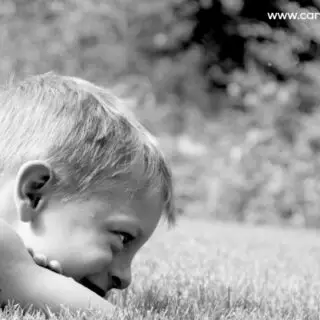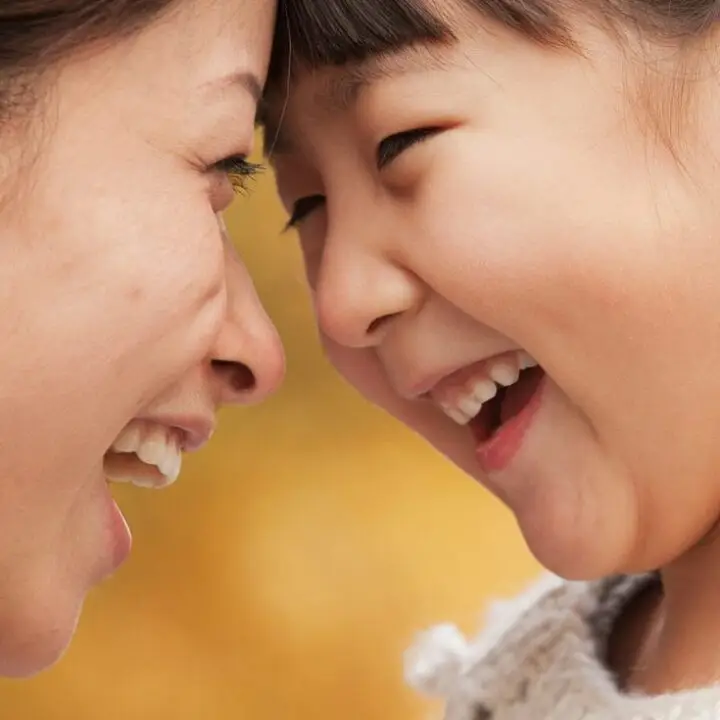“I really want to bring Montessori at home, but I don’t have the space for all the materials at home,” a friend said to me as she waited patiently for her two-year-old to put on her shoes.
“That right there, what you are doing right now, waiting, observing, respecting your child. That is Montessori. You’re doing it. You don’t need to bring home all the classroom materials,” I explained to her and we proceeded to talk about the essentials of Montessori parenting and the Montessori lifestyle.
Montessori is a lifestyle. Teachers and parents need to embrace specific aspects of philosophy as a way of life. When I speak about Montessori I discuss why we chose Montessori for our family, as a lifestyle, not a philosophy that begins and ends at the classroom doors. Developing these Montessori habits will offer the environment a child craves and will deliver the respect a child deserves.

5 Habits Every Montessorian Should Develop
#1 – Observe children for at least ten minutes a day. Observing a child not only gives that child space and room to grow, develop, and lead his learning, but it also provides an adult with a tremendous amount of insight on how to most effectively communicate with that child and how to facilitate his learning going forward.
Don’t intervene. Observe. See where the child needs guidance and give him the space to solve problems.
#2 – Communicate at eye level with a child. Imagine the child looking up to the height of an adult speaking with him, especially if speaking to him with authority.
I can only imagine the experience to be a scary, and subsequently not effective, exchange. So, bend down to the child’s level by leaning on one knee. For some of us, making this gesture requires a change of behavior.
If you’re at the extreme of that spectrum, write yourself a note as a reminder and place it somewhere you will see several times throughout the day. Leave it there until speaking and listening to a child at his eye level becomes second nature.
#3 – Discipline needs to be positive. Think kind yet firm. Don’t worry about the child not liking you. Get over it. You want the child to respect you. Furthermore, you want the child to develop a healthy sense of self and conduct himself with confidence and conviction.
Positive discipline enables this development to happen. It also helps the child learn vital social, emotional, and communication skills required for success and happiness in life.
#4 – Embrace the multi-age classroom. I admire Montessori’s key tenet of multi-age classrooms. How insightful of her! Young children learn by observation and modeling. Older children exercise leadership and communication skills.
One of the best parts of multi-age classrooms relates to the capacity of the teacher. Lean into peer-to-peer teaching. Pair an older child up with a younger child to give the pink tower lesson, or to explain the binomial cube.
A huge learning opportunity for the children, and a wonderful time saver for you.
#5 – Rotate shelves to keep children engaged and your shelves from gathering dust! You don’t have to spend money to keep your shelves unique and interesting. Often replacing works with items that have been sitting in the closet is enough to spark interest and hook a child!
Marnie
Related Parenting Articles








